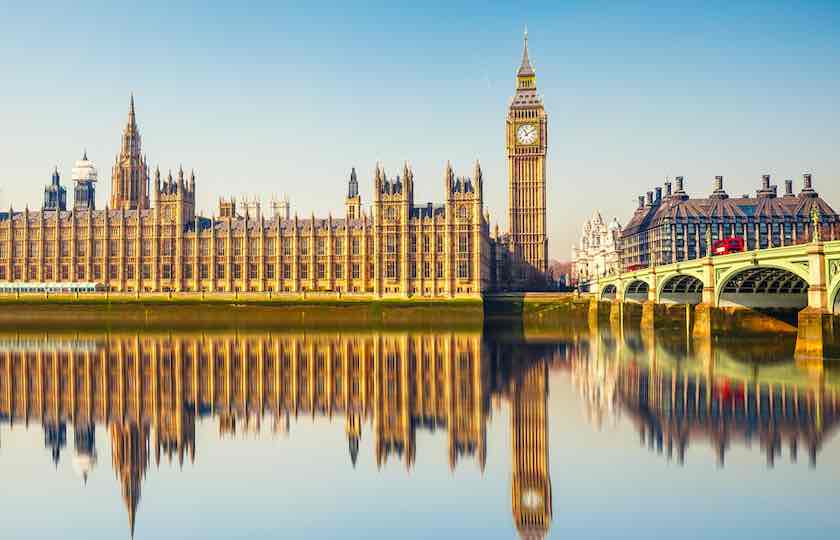NHS & health news

Relationship building key to Influencing Government policy
In NHS & health news
Bookmark
Record learning outcomes
Understanding a new Government’s priorities and policies and aligning what you need and want to their objectives is key to influencing the direction of policy, according to Community Pharmacy England’s chief executive.
Speaking at the Pharmacy Show in Birmingham on Sunday, Janet Morrison said: “We’ve done a lot of work over the last year and a half understanding and working with the Labour shadow team, and their manifesto team, making sure we understand the nuances of their health vision, and making sure what we’ve got to offer meets their priorities.
“It’s also important for us to add external validation of the value of community pharmacy and its potential to deliver solutions, so that’s why we commissioned the vision from the King’s Fund and the Nuffield Trust.” Authoritative evidence was important too, particularly in the current crisis facing community pharmacy. “Then it’s about establishing relationships, authority, credibility. You have to understand the world in which MPs and ministers work. Who influences their thinking? You have to get ahead of the decisions.”
To that end, CPE has built relationships with think tanks and patient groups too. “What is really critical is framing the role community pharmacy plays and the impact we have for patients and communities. That’s what makes ministers open their eyes,” she said.
Tabloid front pages priority for NPA
Paul Rees, National Pharmacy Association chief executive, who has experience both inside outside Government in communications and outside as a campaigner, said the NPA was trying to shape what was on the front page of The Sun and The Mirror, what’s on the Today programme, as that’s what influences politicians.
“Every time we are on BBC Breakfast News or GMTV we want Keir Starner and Wes Streeting to be talking about what we are going to do to fix community pharmacy, he said. “We hope our campaigning work will support the work that Janet does in the negotiating room, if we can help shape the narrative to get the best possible deal for community pharmacy.”
Independent Pharmacies Association board member Ian Strachan said the IPA was intent on making sure that pharmacy owners are the bedrock of its policies. “The biggest failure of health care policy in the past 30 years has been the lack of funding in primary and community care,” he said. “I’m no great fan of the Government, but they are on the record at least as saying they want to put money into primary and community care. They are talking about bringing providers of care closer to the communities they serve, because it improves population health.
“They are talking about treatment to prevention. If there was ever an agenda that was 100 per cent aligned to every contractor in this room, to every community pharmacist in England, that’s it,” he said.
“The IPAs strapline is to influence to ‘invest to save’,” Mr Strachan said. “We can do this better. This can work better from a patient perspective, from a taxpayer perspective, from a productivity perspective – all the markers they currently use to measure the performance of the NHS.”
Are cuts in numbers still a thing?
Asked by an audience member whether she thought the Government was looking to further reduce the number of pharmacies, Janet Morrison said it may have been an NHS England view some years ago. “But they squeezed everyone,” she said. “I was in a meeting with Neil O’Brien, when he was the minister, when it was pointed out that Lloydspharmacy was going bust and exiting the market. I saw the alarm on his face.
“I think that Government and the civil service have recognised that squeezing everyone has made the whole network fragile, and they are getting very alarmed that you cannot choose where closures happen. We are like a house of cards now, with collapse in every part of the sector, not just the multiples.
“Fundamentally, Wes Streeting’s responsibility as Secretary of State for Health is to ensure safety of medicines supply. I think they now know we are at that tipping point where he may not be able to exercise that responsibility to Parliament and, most importantly, to the public.”

